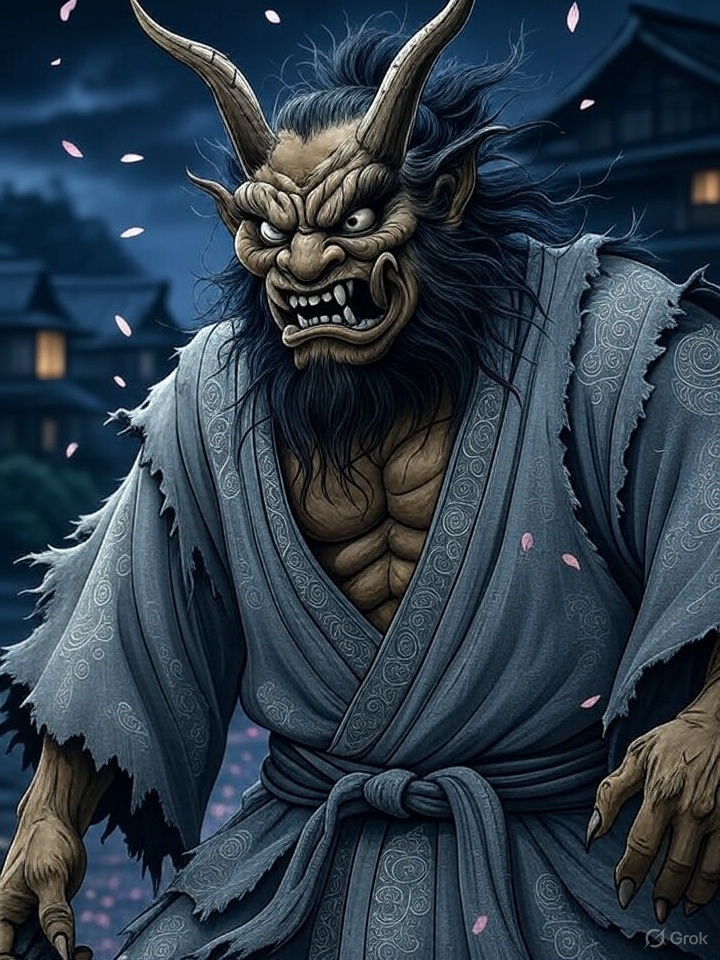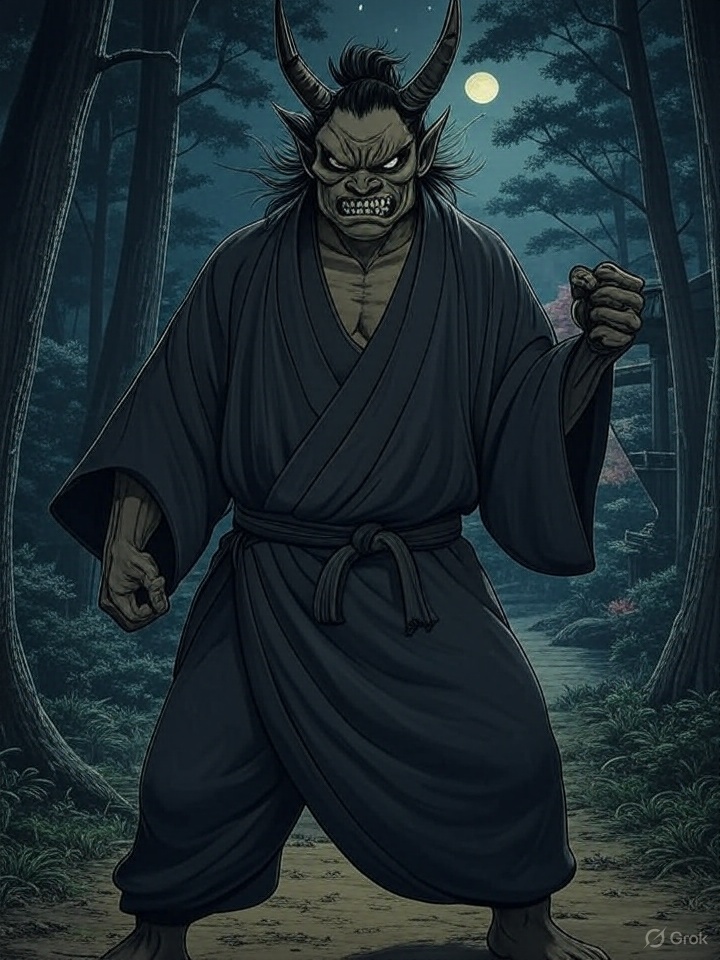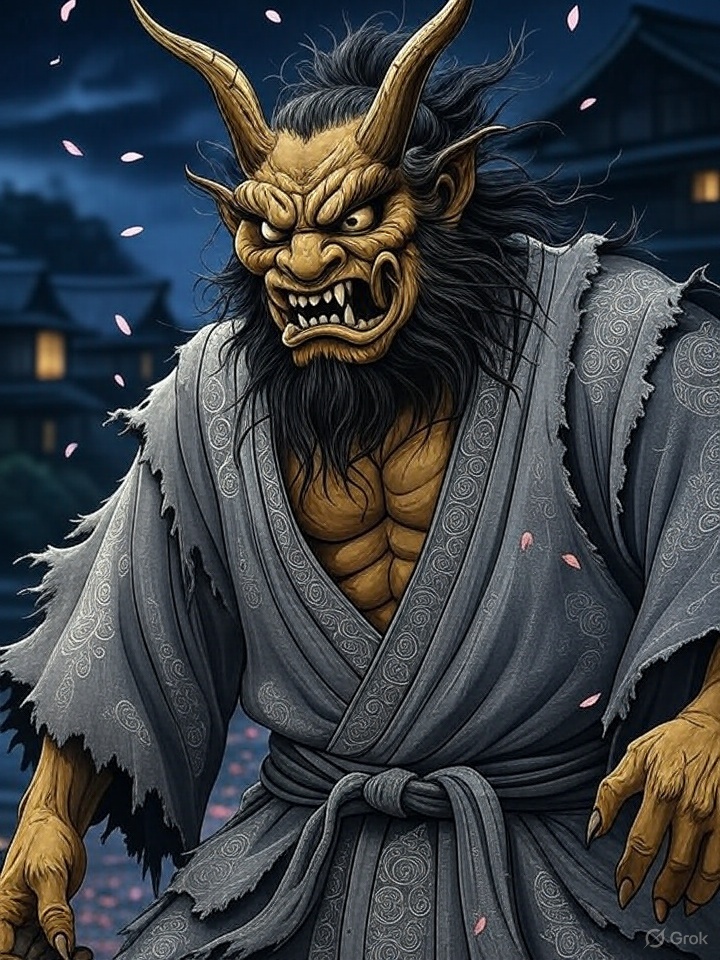Name Meaning
Overview
Akuma (悪魔) is a term used in Japanese to describe a demonic, evil spirit often associated with malice, misfortune, and supernatural malevolence. The term is commonly used in Buddhist texts and popular culture to describe personifications of evil.
- Aku (悪) = Evil
- Ma (魔) = Demon or Magic → “Evil Demon”
Origin
- Rooted in both indigenous Japanese beliefs and imported Buddhist cosmology.
- Often referenced in ancient texts as tormentors of the soul or tempters of the virtuous.
Appearance
- Varies widely—sometimes invisible, sometimes horned and red-skinned with sharp claws and fangs.
- Can appear humanoid or take monstrous, terrifying forms depending on context or belief system.
- Often shrouded in black smoke or fire, embodying darkness and temptation.
Behavior & Influence
- Known to possess humans, cause madness, or whisper destructive thoughts into their minds.
- Serves as an antagonist figure, testing one’s spiritual resolve or moral purity.
- Can be warded off with spiritual protection or Buddhist incantations.
Symbolism
- Represents the struggle between good and evil, temptation and discipline.
- Acts as a personification of chaos, suffering, and the darker forces of the world.
- Still used in modern culture to represent demonic threats or inner turmoil.



